Credit Cards vs Charge Cards: What Are the Differences?
If you pit credit cards vs charge cards, you’ll find that although they're similar in some ways, they have a few key differences.

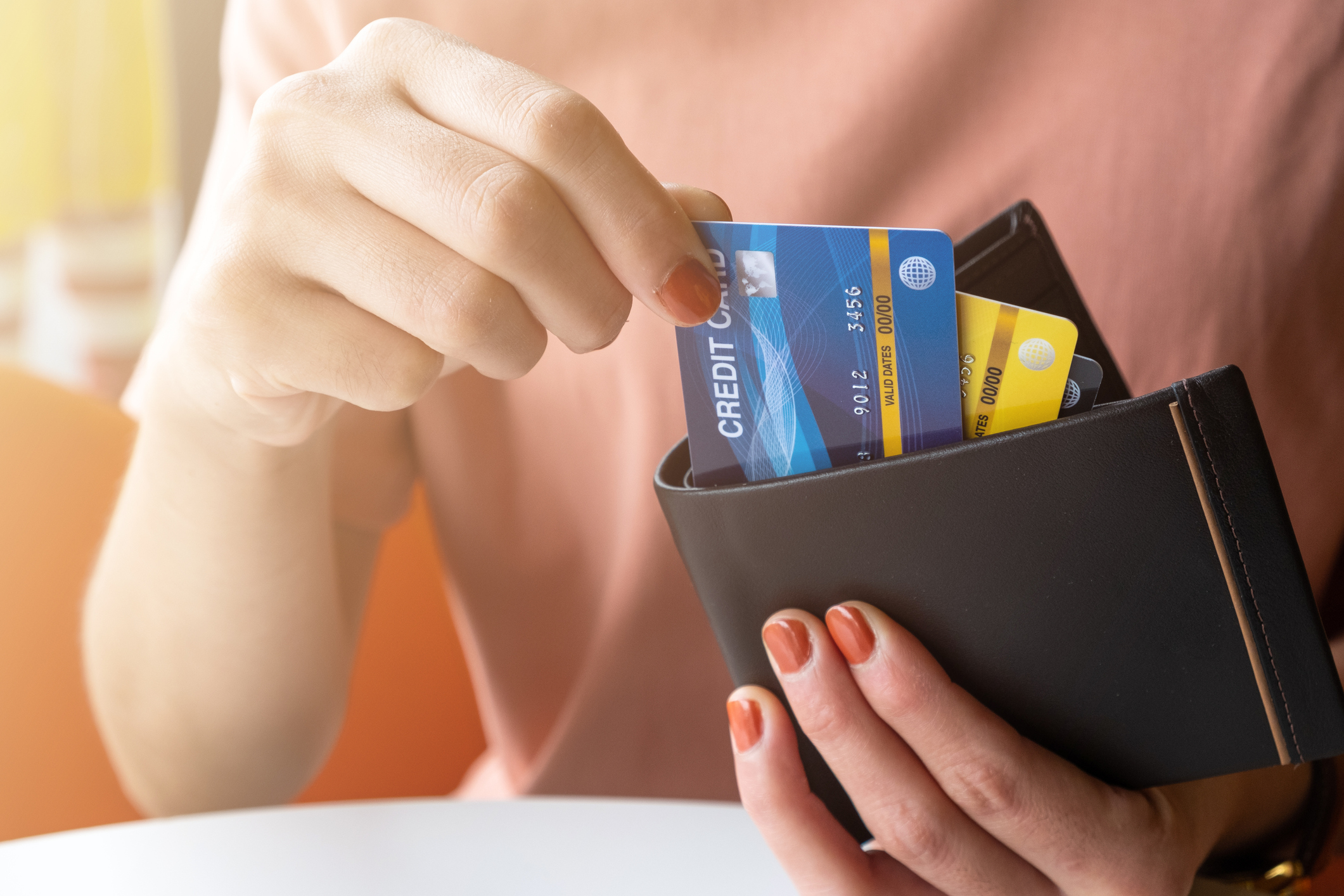
Profit and prosper with the best of Kiplinger's advice on investing, taxes, retirement, personal finance and much more. Delivered daily. Enter your email in the box and click Sign Me Up.
You are now subscribed
Your newsletter sign-up was successful
Want to add more newsletters?

Delivered daily
Kiplinger Today
Profit and prosper with the best of Kiplinger's advice on investing, taxes, retirement, personal finance and much more delivered daily. Smart money moves start here.

Sent five days a week
Kiplinger A Step Ahead
Get practical help to make better financial decisions in your everyday life, from spending to savings on top deals.

Delivered daily
Kiplinger Closing Bell
Get today's biggest financial and investing headlines delivered to your inbox every day the U.S. stock market is open.

Sent twice a week
Kiplinger Adviser Intel
Financial pros across the country share best practices and fresh tactics to preserve and grow your wealth.

Delivered weekly
Kiplinger Tax Tips
Trim your federal and state tax bills with practical tax-planning and tax-cutting strategies.

Sent twice a week
Kiplinger Retirement Tips
Your twice-a-week guide to planning and enjoying a financially secure and richly rewarding retirement

Sent bimonthly.
Kiplinger Adviser Angle
Insights for advisers, wealth managers and other financial professionals.

Sent twice a week
Kiplinger Investing Weekly
Your twice-a-week roundup of promising stocks, funds, companies and industries you should consider, ones you should avoid, and why.

Sent weekly for six weeks
Kiplinger Invest for Retirement
Your step-by-step six-part series on how to invest for retirement, from devising a successful strategy to exactly which investments to choose.
When comparing credit cards vs. charge cards, you'll notice a few key differences. The most notable distinction is that when using a charge card, you won't be able to carry a monthly balance like you would when using a credit card. Instead, charges must be paid off month to month. Both rewards credit cards and charge cards can potentially bring value to you as a consumer, depending on your financial goals and needs.
Keep reading to learn more about the differences between credit and charge cards, and decide which is right for you.
Credit cards vs. charge cards overview
While charge cards and credit cards are used the same way to make purchases, they have essential differences. When using a charge card, you’ll be required to pay off in full what you've spent every month; you won't have the option to carry a balance like you would when using a credit card. This aspect of charge cards may help prevent overspending, as cardholders know they’ll have to pay in full each month, rather than just the minimum payment. Therefore, you won’t have a credit limit with a charge card.
From just $107.88 $24.99 for Kiplinger Personal Finance
Become a smarter, better informed investor. Subscribe from just $107.88 $24.99, plus get up to 4 Special Issues

Sign up for Kiplinger’s Free Newsletters
Profit and prosper with the best of expert advice on investing, taxes, retirement, personal finance and more - straight to your e-mail.
Profit and prosper with the best of expert advice - straight to your e-mail.
Additionally, since you don’t carry a balance from month to month when using a charge card, these cards don't offer 0% APR offers or balance transfers like some of the best rewards credit cards do.
Differences between charge cards and credit cards
Here's a closer look at the differences between charge cards and credit cards.
Payments: The biggest difference between charge cards and credit cards is how they're paid off. Any balances on charge cards must be paid off in full each month, and if you fail to do so, your card could be canceled. On the other hand, when using a credit card, you can roll balances over to the next month, just making the minimum payment. However, this isn't recommended if you want to avoid expensive interest payments.
Credit limit: Charge cards do not have a credit limit associated with them, while credit cards do. However, charge card issuers can set spending limits (that are subject to change) based on your income, spending habits and payment history, so this doesn’t necessarily mean you can spend an unlimited amount.
Credit score requirements: To be approved for a charge card, you’ll likely need to have at least a good credit score, which is a minimum FICO score of 670 or a VantageScore of 661. Required credit scores for traditional credit cards vary between cards. Some cards require excellent scores, while others are geared toward consumers with bad credit scores and/or limited credit history.
Credit score impact: Payment history for both charge cards and credit cards is reported to the three main credit bureaus (Equifax, Experian and Transunion). However, unlike credit cards, charge cards will not affect your credit utilization (the percentage of debt you are using relative to your debt limit). This is because charge cards don't have a defined credit limit. Credit cards will affect your credit utilization ratio and overall credit score, so bear that in mind if you plan on carrying a balance.
Interest rates: Since you won’t be able to carry a balance with a charge card, you’ll avoid paying any interest charges. If you carry a balance on a traditional credit card, you’ll be subject to interest charges based on your card’s APR.
Fees: Most of the time, annual fees for charge cards are expensive, ranging from $150 to $695 in some cases. On the other hand, credit cards offer a wide range of cards with various fees. In fact, many credit cards with no annual fees still offer beneficial rewards.
Although you won't accumulate interest when using a charge card, you will be subject to hefty late fees just as when using a credit card.
Availability: While hundreds of credit cards are on the market, options for charge cards are pretty slim.
Also, you can use our tool below (in partnership with Bankrate) to find a credit card today.
Pros of charge cards
- No preset credit limit: If you plan on making a large purchase, using a charge card can be beneficial. You won’t be constrained by a preset credit limit or negatively impact your credit utilization or your credit score
- You'll avoid debt and interest: Since most charge cards require you to pay off balances in full each month, you’ll be able to avoid debt and accumulated interest.
- Rewards: Like credit cards, charge cards also offer rewards programs and added benefits.
Cons of charge cards
- Expensive fees: If you fail to pay off the balance on your charge card in full every month, you'll be subject to expensive late fees. With a credit card, you can easily avoid these fees by just making the minimum monthly payments. Plus, annual fees associated with charge cards are usually pretty hefty as well.
- You'll need good credit: To be approved for a charge card, you'll need to have a credit score of at least 670 as measured by FICO, or at least 661 as defined by VantageScore. People with a bad credit history are unlikely to be approved.
How to choose between a charge card or a credit card
Whether or not you opt for a charge card or traditional credit card depends on your specific financial needs.
With a charge card, you won’t be able to carry a balance, but with a credit card, you can. Because of this, credit cards offer more flexibility than charge cards, giving you more time to pay down expensive purchases. However, credit cards don’t always have the spending power that a charge card does, so if you think you might be hindered by a credit limit, a charge card may be a better choice.
Related articles
Profit and prosper with the best of Kiplinger's advice on investing, taxes, retirement, personal finance and much more. Delivered daily. Enter your email in the box and click Sign Me Up.

Erin pairs personal experience with research and is passionate about sharing personal finance advice with others. Previously, she was a freelancer focusing on the credit card side of finance, but has branched out since then to cover other aspects of personal finance. Erin is well-versed in traditional media with reporting, interviewing and research, as well as using graphic design and video and audio storytelling to share with her readers.
-
 Nasdaq Leads a Rocky Risk-On Rally: Stock Market Today
Nasdaq Leads a Rocky Risk-On Rally: Stock Market TodayAnother worrying bout of late-session weakness couldn't take down the main equity indexes on Wednesday.
-
 Quiz: Do You Know How to Avoid the "Medigap Trap?"
Quiz: Do You Know How to Avoid the "Medigap Trap?"Quiz Test your basic knowledge of the "Medigap Trap" in our quick quiz.
-
 5 Top Tax-Efficient Mutual Funds for Smarter Investing
5 Top Tax-Efficient Mutual Funds for Smarter InvestingMutual funds are many things, but "tax-friendly" usually isn't one of them. These are the exceptions.
-
 TransUnion Fined $23M For Tenant Screening, Credit Freezes
TransUnion Fined $23M For Tenant Screening, Credit FreezesGovernment charges TransUnion over illegal rental background checks and security freezes on consumer credit reports.
-
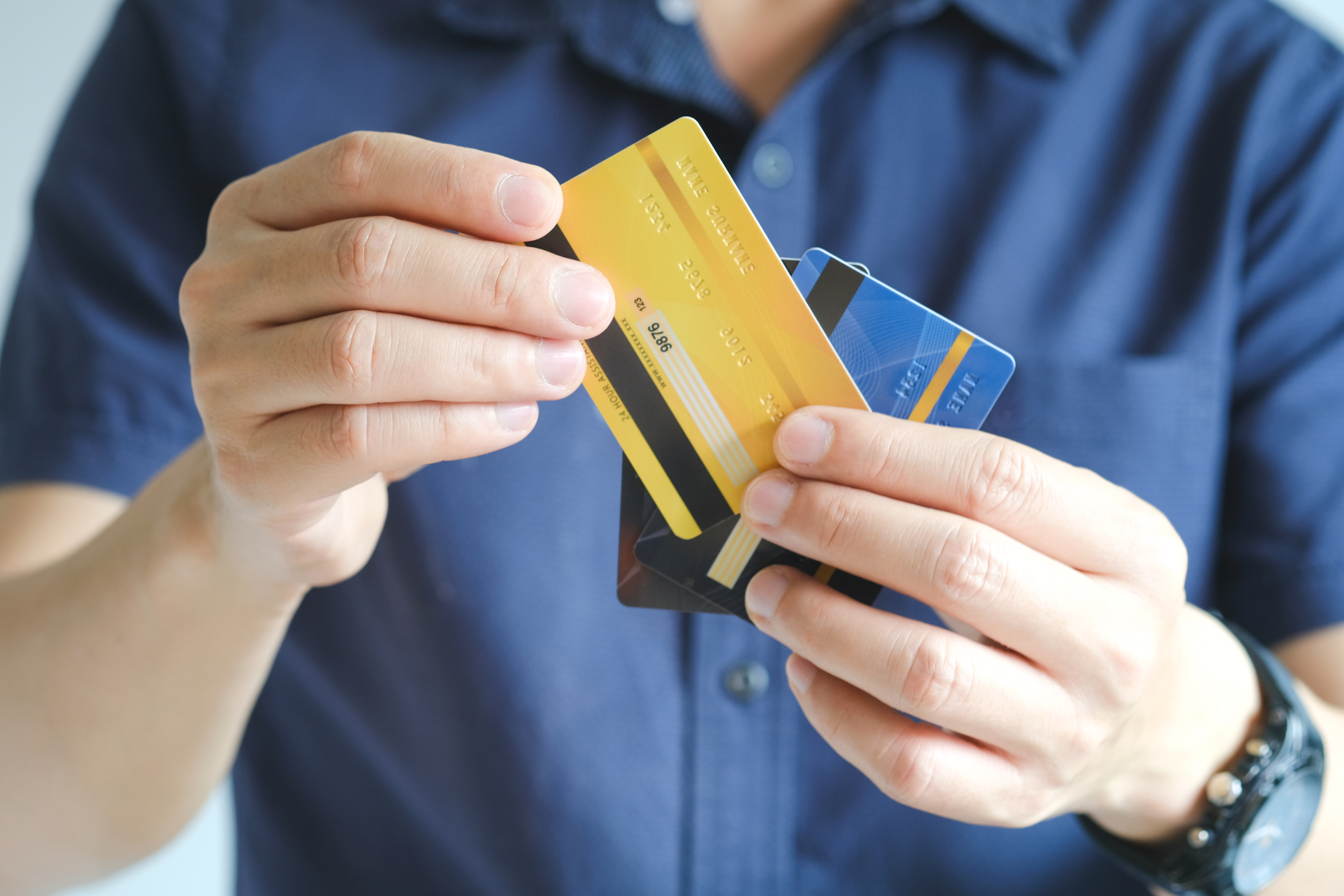 How Many Credit Cards Should I Have?
How Many Credit Cards Should I Have?How many credit cards should you have? The answer isn’t as straightforward as you might think — it all depends on your financial situation.
-
 Credit card delinquency expected to increase in 2023
Credit card delinquency expected to increase in 2023Credit card and personal loan delinquency rates are expected to increase this year.
-
 What Is a Good Credit Score?
What Is a Good Credit Score?Having a good credit score can save you hundreds, even thousands of dollars on credit cards, mortgages and other loans.
-
 Best Credit Cards for Bad Credit 2023
Best Credit Cards for Bad Credit 2023If used wisely, these credit cards can help you dig out of bad credit; you may even earn 2% cash back.
-
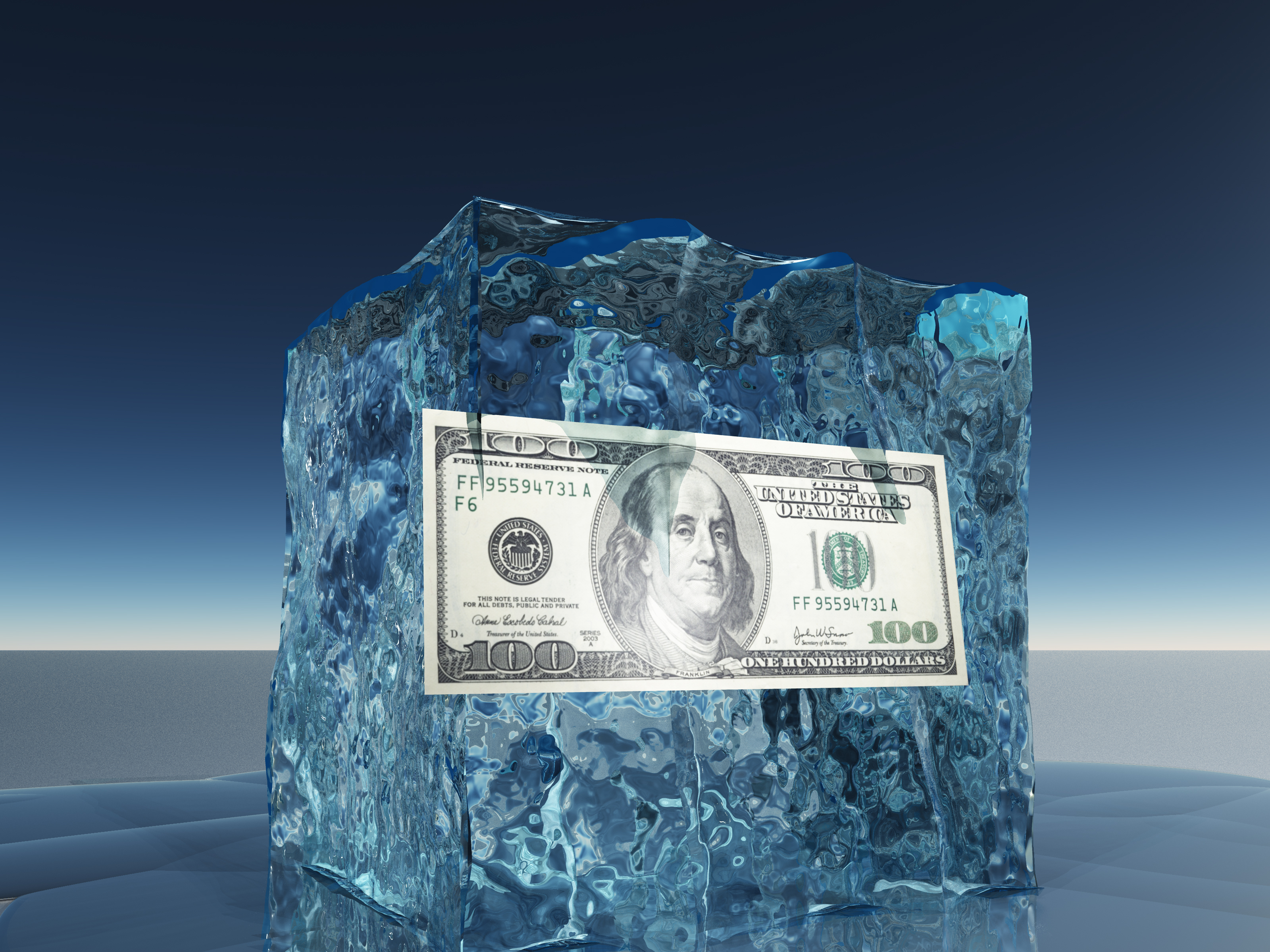 How to Freeze Your Credit in Three Steps
How to Freeze Your Credit in Three Stepscredit & debt Freezing your accounts at the three major credit bureaus is the best way to prevent thieves from opening new credit accounts in your name.
-
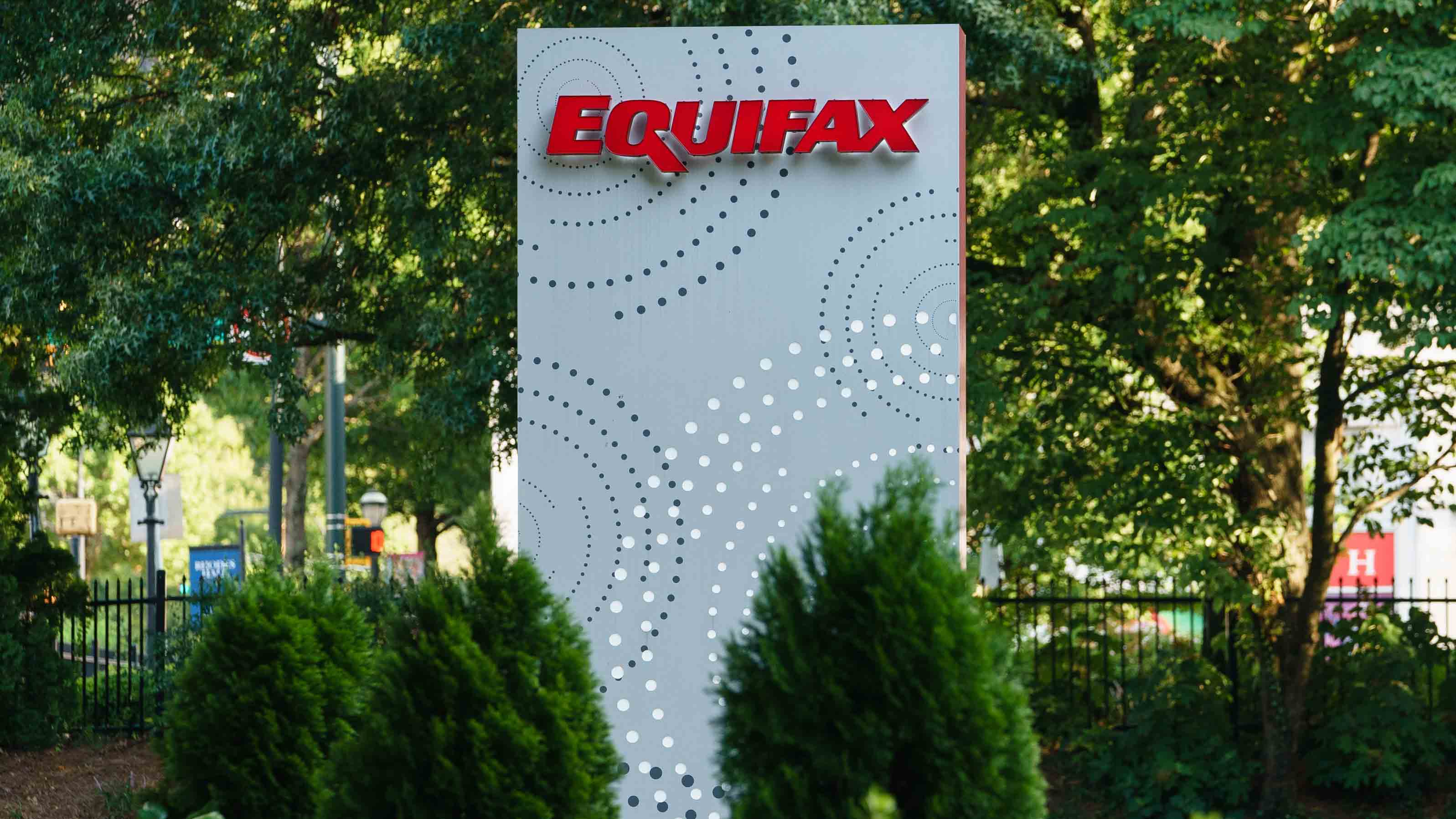 Did Equifax Botch Your Credit Score?
Did Equifax Botch Your Credit Score?credit score Equifax is in the news–yet again–this time for sending lenders the wrong credit score. Here’s how to find out if you were affected and what to do next.
-
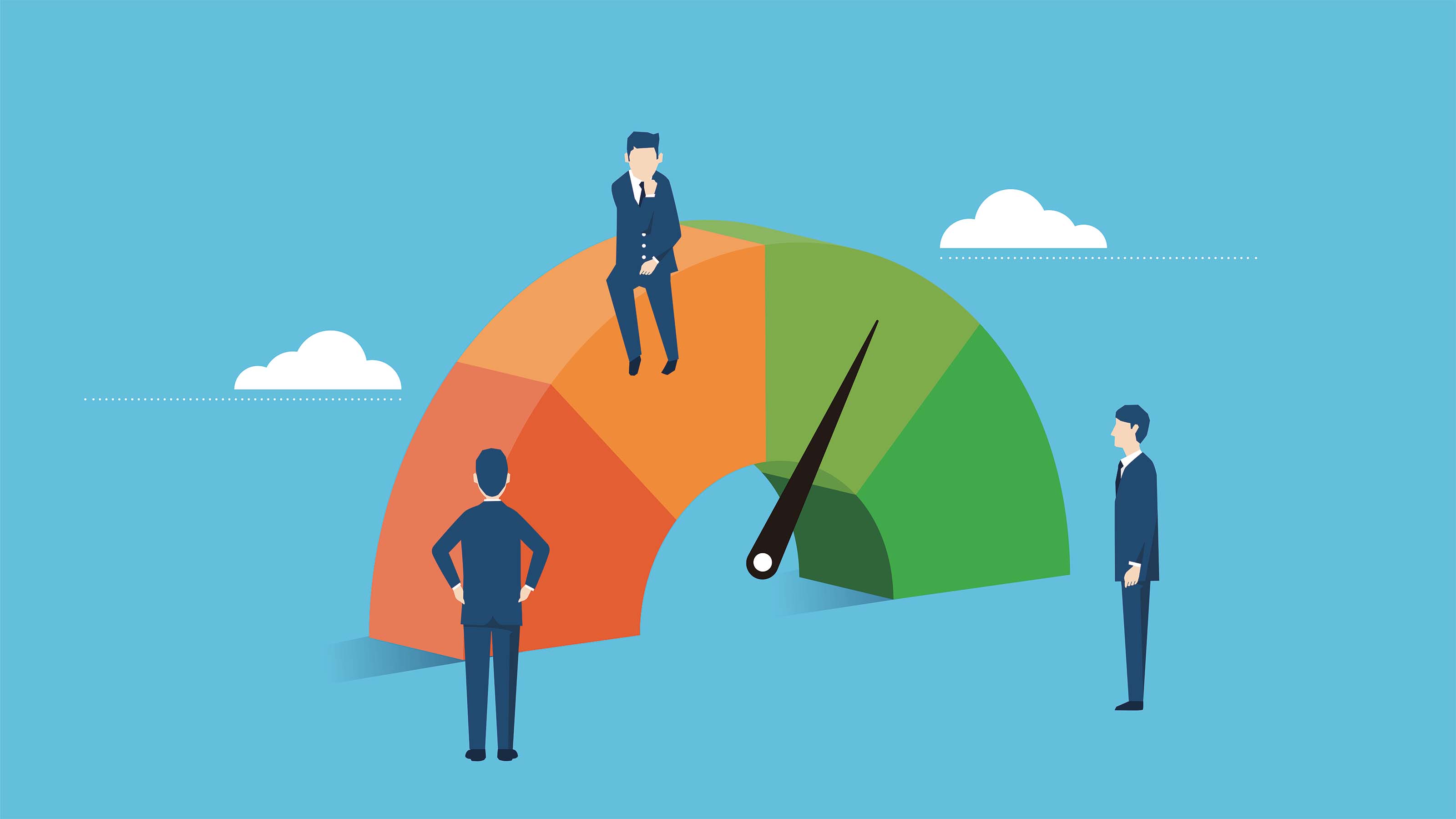 Two Updates to Credit Reports
Two Updates to Credit Reportscredit & debt The major credit bureaus are changing how they report information about medical debt and buy now, pay later.